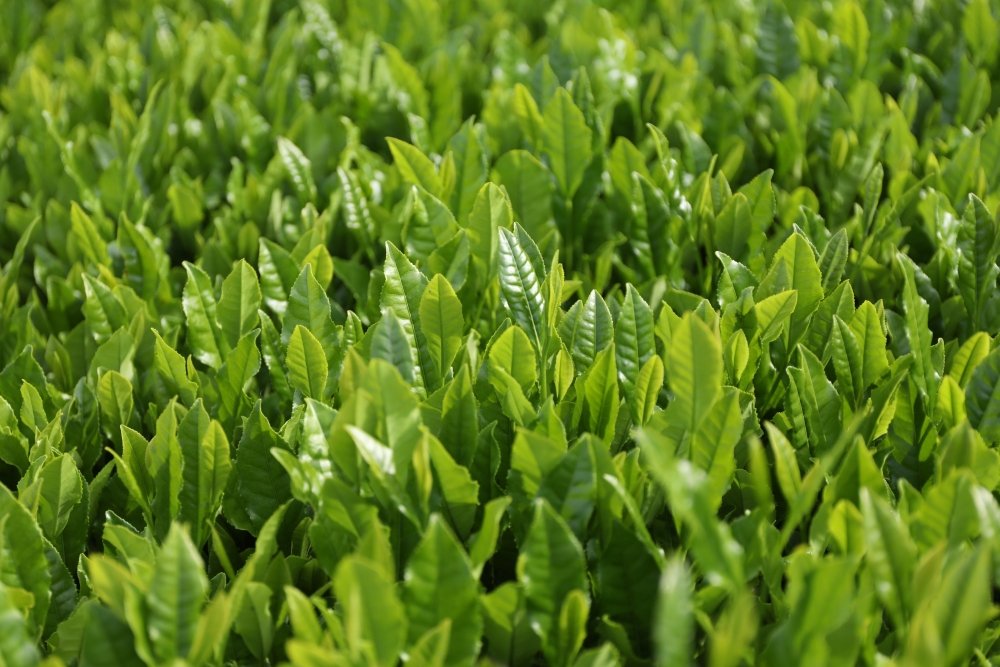
Matcha vs Coffee: Which Buzz is Best for Aussies? (Energy, Focus & Health)
Comparing matcha and coffee for Australian wellness seekers. Explore differences in caffeine, energy (L-theanine vs crash), antioxidants, acidity, and focus. Find your perfect brew with Noa Matcha.
From the bustling cafes of Melbourne and Sydney to cozy kitchens in Brisbane, Australians love their daily brew. For years, coffee has been the undisputed king of the morning ritual, but there's a vibrant green contender gaining serious popularity: matcha. The question often pops up: matcha vs coffee – which one is actually better for you?
The truth is, both offer unique benefits and experiences. Choosing between them isn't about declaring a winner, but understanding their differences to see which best suits your lifestyle, energy needs, and wellness goals. Let's break down the key comparisons for health-conscious Aussies looking for their ideal pick-me-up, focusing on high-quality, organic matcha like ours at Noa Matcha.
The Caffeine Question: Jolt vs. Gentle Lift
Both matcha and coffee contain caffeine, but they deliver it differently.
- Coffee: A standard cup typically contains 80–100 mg of caffeine. Coffee provides a quick, noticeable energy surge as caffeine hits your system rapidly.
- Matcha: A serving made with 1 tsp (approx. 2g) of matcha powder generally contains 38–89 mg of caffeine(though amounts vary based on quality and preparation). While matcha powder is potent gram-for-gram, a typical serving often has slightly less caffeine than a standard coffee.
Australian Context: Health authorities recommend healthy adults limit caffeine intake to no more than 400mg per day. Both drinks fit within this, but matcha offers a lower dose per standard serving.
The Energy Experience: Jitters & Crash vs. Calm Alertness
This is where the most significant difference lies, thanks to a unique amino acid in matcha called L-theanine.
- Coffee's Mechanism: Caffeine primarily works by blocking adenosine receptors in your brain. Adenosine makes you feel tired, so blocking it leads to increased alertness and reduced fatigue. However, this rapid blocking can sometimes lead to the infamous coffee "jitters," anxiety, and the subsequent energy "crash" as the effect wears off.
-
Matcha's Magic (L-Theanine): Matcha contains both caffeine and L-theanine. This unique amino acid promotes relaxation without drowsiness by influencing brain waves (increasing alpha waves associated with wakeful relaxation) and affecting neurotransmitters like GABA, serotonin, and dopamine. L-theanine also slows the body's absorption of caffeine.
- The Result: Instead of a coffee jolt, matcha provides a feeling of calm, sustained alertness and focus. Many describe it as being alert and productive without the anxiety or jitters. This makes it ideal for work, study, or creative pursuits. Learn more about L-Theanine for calm focus here.
Antioxidant Powerhouse Comparison
Both drinks are sources of antioxidants, which help fight cell damage caused by free radicals.
- Coffee: Rich in hydrocinnamic acids and polyphenols, particularly chlorogenic acids.
- Matcha: Exceptionally high in a class of antioxidants called catechins, especially Epigallocatechin gallate (EGCG). Because you consume the entire ground tea leaf with matcha (unlike steeping green tea leaves), you ingest a much higher concentration of these beneficial compounds. While direct antioxidant capacity comparisons (like ORAC) can be complex, matcha is widely recognised for its potent antioxidant profile. For more details, explore our blog post: Matcha 101: Everything you need to know about Matcha in Australia
Acidity & Digestion
For those with sensitive stomachs, the acidity difference is important.
- Coffee: Generally more acidic, with a pH typically ranging from 4.85–5.13. This can sometimes trigger acid reflux or stomach discomfort in sensitive individuals.
- Matcha: Typically less acidic than coffee, with a pH around 5.58–5.94. Many find matcha gentler on the digestive system.
The Ritual & Preparation
- Coffee: Often involves a quick brew via machine, pour-over, or plunger. The focus is usually on speed and convenience.
- Matcha: While it can be made quickly (especially culinary grade in smoothies or lattes), preparing traditional Usucha with Ceremonial Grade Matcha involves a mindful ritual using specific tools (chasen, chawan). This process itself can be calming and meditative, adding another layer to the experience. Learn how to make Matcha like Samurais did
Matcha vs Coffee: Which is "Better" for You?
There's no single right answer! Consider your goals:
- Choose Coffee if: You enjoy the taste, need a strong immediate energy jolt, and aren't sensitive to its potential side effects (jitters, crash, acidity).
-
Choose Matcha if:
- You want sustained energy and focus without the jitters or crash.
- You are sensitive to caffeine or coffee's acidity.
- You're looking for a rich source of EGCG antioxidants.
- You enjoy mindful rituals and a smoother energy profile.
- You want versatility (from ceremonial tea to lattes and baking using Culinary Grade Matcha)
The Importance of Quality
Whether coffee or matcha, quality matters. For matcha, always choose Premium organic matcha to avoid pesticides. Look for vibrant green colour and choose the right grade for your purpose (Ceremonial for pure tea, Culinary for mixing).
Conclusion: Your Perfect Brew Awaits
Both matcha and coffee offer unique flavours and effects. Understanding the difference, especially the unique role of L-theanine in matcha providing calm alertness, helps you choose the brew that best suits your needs and wellness goals. Whether you need the robust kick of coffee or the focused energy of matcha, making an informed choice empowers your day.
Why not explore the world of high-quality matcha and see how its unique energy feels for you?
Disclaimer: This information is for general knowledge. Consult a healthcare professional for personalized advice regarding caffeine intake and health choices.
Call to Action: Have you switched from coffee to matcha? Or do you enjoy both? Share your experience in the comments below!
Explore the Noa Matcha range to find your perfect premium matcha today.


0 comments